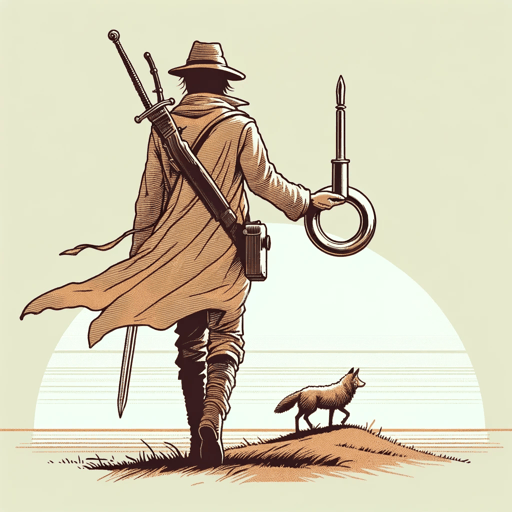66 pages • 2 hours read
Ismail KadareBroken April
Fiction | Novel | Adult | Published in 1978A modern alternative to SparkNotes and CliffsNotes, SuperSummary offers high-quality Study Guides with detailed chapter summaries and analysis of major themes, characters, and more. For select classroom titles, we also provide Teaching Guides with discussion and quiz questions to prompt student engagement.
Important Quotes
“He gripped the dead man’s shoulder again, as if he wanted to bring him back to life. ‘Why am I doing this?’ he thought. At once he realized that he had bent down over the other man not to awaken him from eternal sleep but to turn him on his back. He simply meant to follow the custom. Around him patches of snow were still there, scattered witnesses.”
(Chapter 1, Pages 9-10)
This is an important early passage showcasing Gjorg’s internal conflict. He remains loyal to his culture’s customs by killing Zef and positioning the man’s body in a specific way, but all the while, Gjorg questions his actions, creating narrative tension. Gjorg’s lack of agency in his own life also lays the foundations for Kadare to show how tradition can control someone’s actions, often to their detriment. At the end of the passage, the patches of snow are personified, described as watching Gjorg. Kadare this imbues nature with significance and authority as he will continue to do throughout the novel.
“The funeral took place the next day around noon. The professional mourners came from afar, clawing their faces and tearing their hair according to the custom. The old churchyard was filled with the black tunics of the men who had come to the burial. After the ceremony, the funeral cortege returned to the Kryeqyqes’ house. Gjorg, too, walked in the procession. At first he had refused to take part in the ceremony, but at last he had given in to his father’s urging. He had said, ‘You must go to the burial. You must also go to the funeral dinner to honor the man’s soul.’”
(Chapter 1, Pages 14-15)
Kadare creates a visceral image of the funeral by describing the mourners as clawing their faces and tearing their hair, enhancing the drama of the scene. The old churchyard and black tunics contribute to the dramatics as well. Gjorg is then thrown into an inherently absurd situation by being forced to join the procession for the man he just killed. His participation in the funeral puts his character in an uncomfortable situation, building tension, and also provides a direct example of the peculiar customs practiced by the people of the High Plateau.

